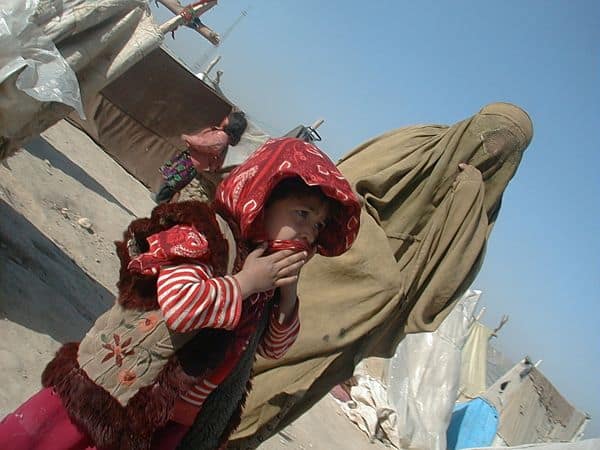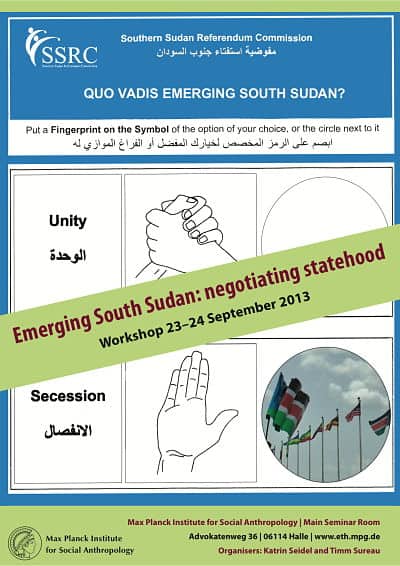“Visibility and Concealment”
Organised by the anthropology departments of Goldsmiths and UCL in collaboration with University of East London, Brunel, SOAS, LSE, LSHTM and KCL departments.
Opening Plenary Speakers were Pat Caplan (Goldsmiths) and Christopher Pinney (UCL) and Allen Abramson (UCL); Mukulika Banerjee (LSE), Eric Hirsch (Brunel), Nici Nelson (Goldsmiths) (click here to listen recordings of sessions, Abstracts available here, Conference program here)
Organiser: Gavin Weston/Stephanie Kitchen (g.weston@gold.ac.uk, sk111@soas.ac.uk)
Anthropological writing involves rendering hidden and overlooked social facts tangible, and, as such, concealment and visibility are central to anthropological endeavour. Three issues would appear to arise: substantive, epistemological, ethical. In the first case, the performance and crystallisation of underlying significance has to a large extent displaced the ideological concealment of asymmetry as a major focus in analysis. What place, thereby, does concealment – as well as performance – come to occupy as a preoccupation and presence in the lives of our research participants/informants? Secondly, post-representational claims would seem to terminate the anthropological disclosure of implicit relations which might be hidden to research participants/informants and which they do not perform. How does contemporary anthropology survive this interdiction? And, have any impact as a result? In the third case, one cannot necessarily write about everything discovered in the field without betraying confidences or breaching ethical guidelines. Often those things that cannot be discussed from fieldwork (like love, gossip, conflicts and other intimacies) form the most interesting parts of our field experiences and, indeed, a vital part of our ideal analysis. Yet they must remain undocumented in order to protect our research participants/informants. More recently issues of concealment have also come to the fore for anthropologists in regards to open access. How is contemporary anthropology unmade and renewed in relation to such stringent ethical codes and in light of growing expectations regarding impact?
Opening Plenary Speakers:
Pat Caplan (Goldsmiths) on ‘”Things which were inside have come out”: secrecy, confidentiality and respect in writing personal narratives and biographies’
Christopher Pinney (UCL) on ‘Once Upon a Time in Central India’
CLOSING PLENARY SPEAKERS:
Participants: Allen Abramson (UCL); Mukulika Banerjee (LSE), Eric Hirsch (Brunel), Nici Nelson (Goldsmiths)
For original call for papers, click here




